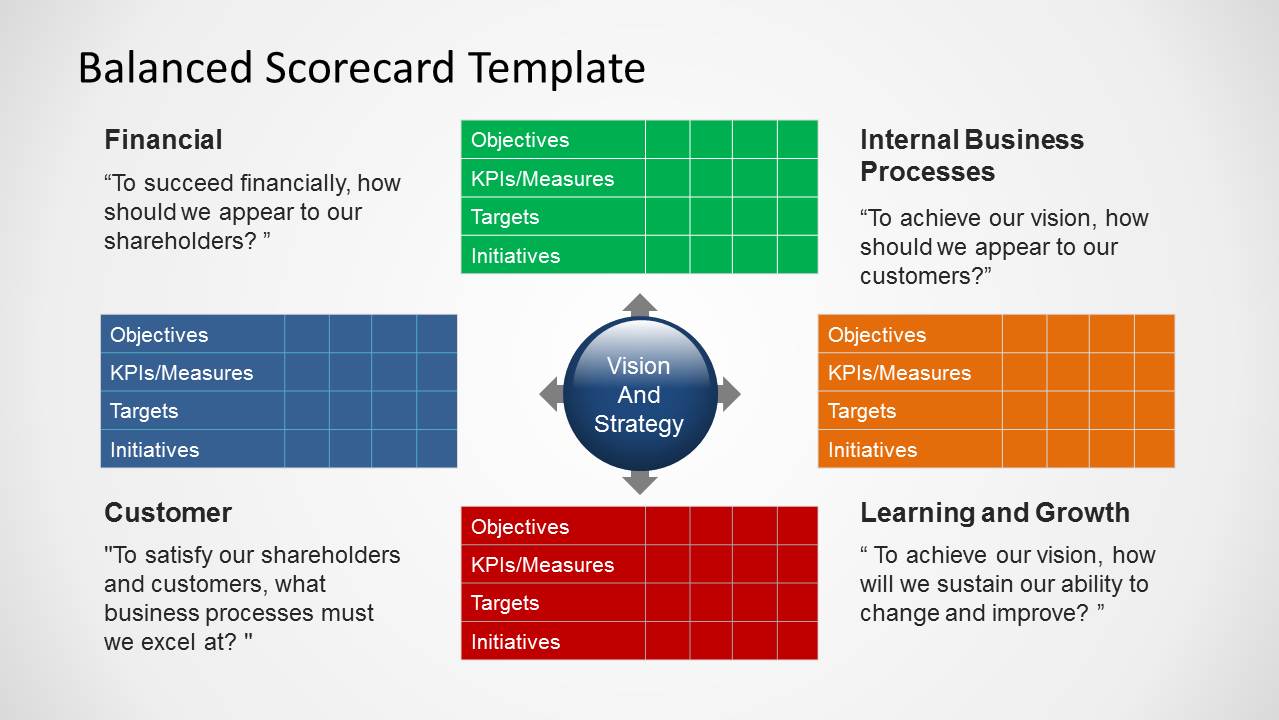Health, Time and Priorities
In our experience at the Lifestyle Works Clinic (LSW), the majority of people who come to learn about the Clinic and/or to participate in it have weight loss as top of mind. We describe weight-loss (body composition) in the following context: "body composition is a symptom of one's health, one's health is a result of their lifestyle". It is because of this relationship that those who embrace it succeed and those who do not embrace it struggle.
One of the most common themes that comes up in LSW is time. Everyone should have the opportunity for reflection of their day, their week, their life. So in that regard, a few thought provoking questions are listed to help with reflection and the issue of time:
How important is your health?What measures do you use to determine if your health is going in the right direction?
What do you want to be able to do when you are 50, 60, 70, 80 or even 90 years old?
What determines how your time is spent?
What are your priorities and goals and are they inline with what you value and how you want to live your life?
Sometimes the process of setting priorities or goals can result in some being over emphasized to the detriment of others. An example in business would be to "reduce product costs by 10%". That goal by itself could result in cheaper products that result in customer dissatisfaction. This is where in business, the use of a tool called the "balanced scorecard" came in to use. Its purpose is to keep all important aspects in view and not have one optimized to the detriment of another. This should not be thought of as "moderation" or "balanced" only. One could take a number of poor goals and balance them. Its meant to create goals that when in balance "achieve the vision".

This same tool can be used in our personal lives, The Personal Balanced Scorecard: A Tool For Your Own End-Of-Year Review. The author provides an adaption of this model for personal use.
So when we think about not having time, it could be important to review how we are using our time and is it contributing to the key goals/dimensions that are important to achieve "our own personal life vision" and is it possible we are leaving out some other dimensions important to our vision or perhaps optimizing some to the detriment of others.
Centuries ago, we might have felt satisfied simply with our health, relationships, food and shelter. Then came marketing and commercialization. Now we need things we never before knew we needed, influencing our priorities and the balance of our personal scorecard.

